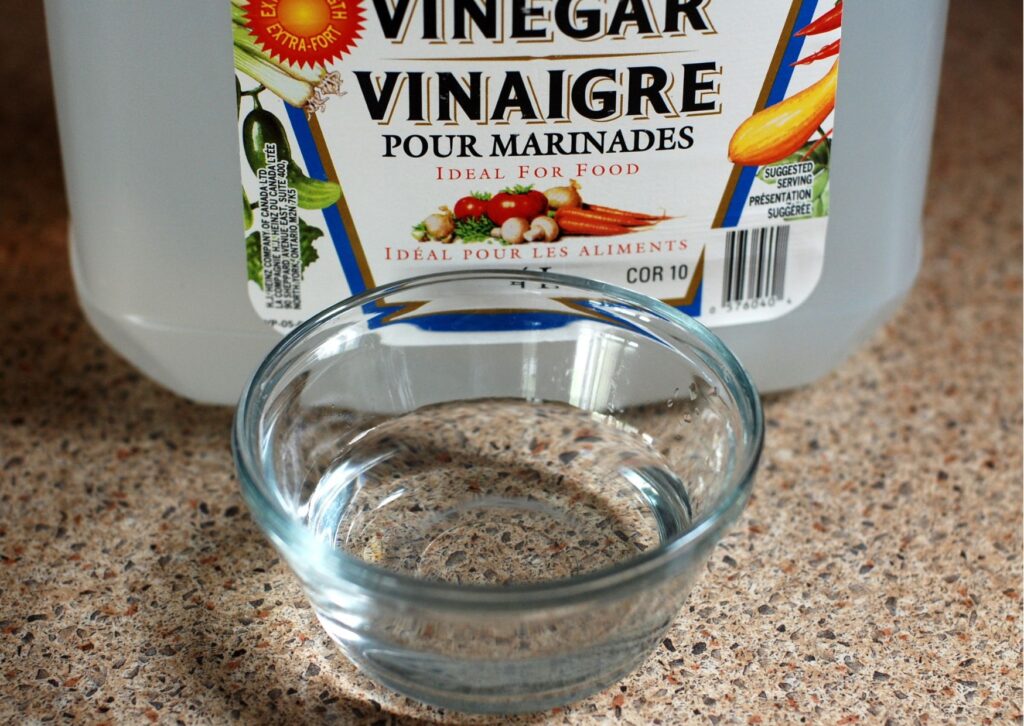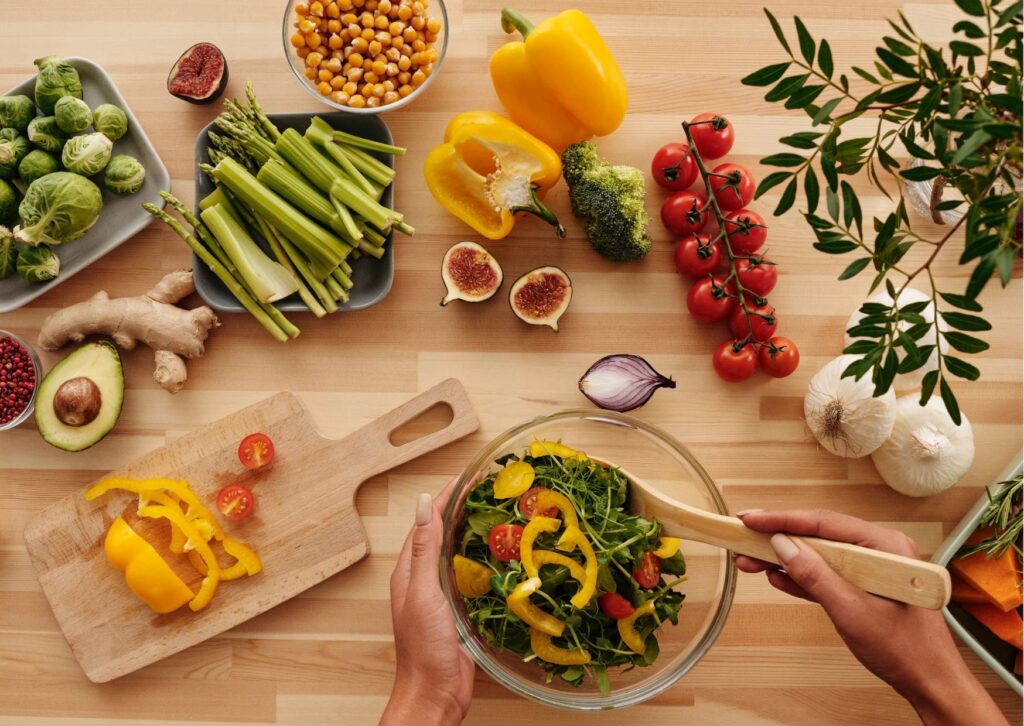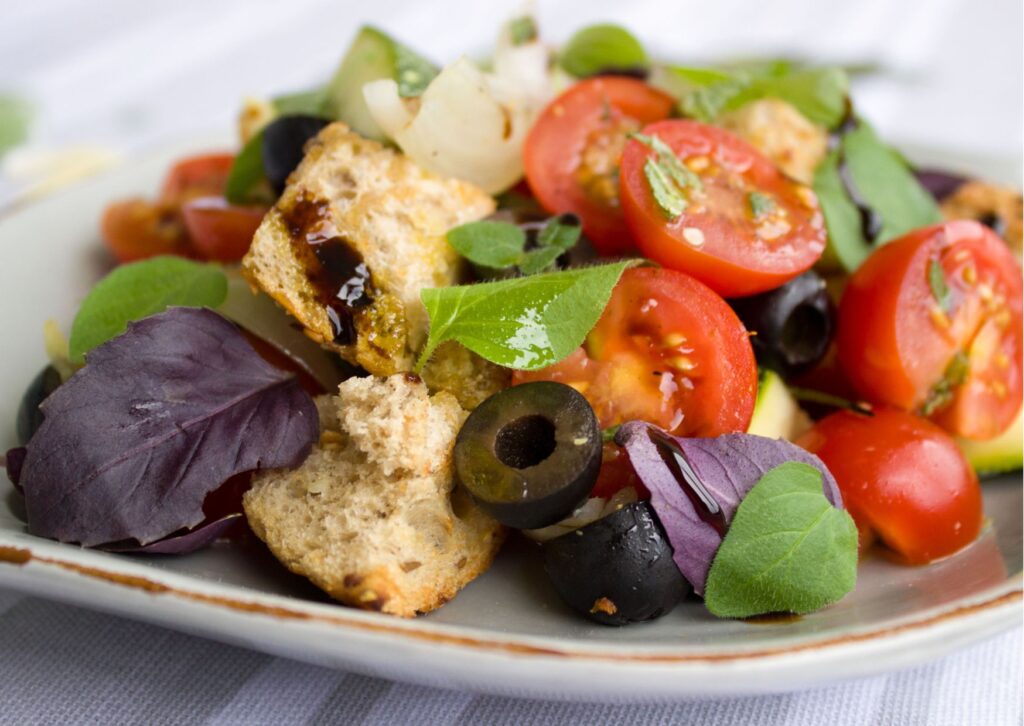Can you believe the types of diets out there?
I remember as a teenager trying out some weird and wonderful ones, but at that young age you can understand the lack of personal research and the perceived need to follow trends. However as adults, where most of us have been bombarded with health information for numerous years, you do start to question the sense in following some of the diets “on trend” at the moment. Eating everything you want but trying to keep the foods in a certain order, drinking watered down vinegar before having your meal, taking out carbohydrate, but keeping fat in… I do question some of these ideas.

Why vegetarian?
As you know I have recently changed to the more traditional vegetarian diet regime for environmental reasons. Other people around the world might be following this food choice for economic, political or even religious beliefs. Some people might be following influencers or trends, or have an awakening in terms of animal cruelty and the climate crisis.
After watching a programme on the television, I started to research how many “normal” diets are out there and suddenly realised that there are around seven “labels” just for vegetarians, let alone the people who eat meat or fish.
Raw Vegan
As the name suggests, this is a diet where all the consumable plants are eaten raw, with only minimal cooking involved if necessary. Theoretically you shouldn’t heat the food to more than 45°C. It is thought that this would retain more of the necessary minerals and vitamins, and so therefore is more healthy for the body. However, it is suggested that people on raw vegan diets should take added food supplements to keep healthy.
Vegan
Everyone has now probably heard of the vegan diet. This is where people eliminate all animal products from their diet, as wel as no longer using items that include animal products such as clothes or soaps. Some people even exclude honey even though it has been shown to be an amazing natural product. It is suggested that people on vegan diets should also take added supplements to ensure perfect health.

Ovo-vegetarian
Many lactose-intolerant vegetarians choose this regime. This is where people eat fruits, vegetables and eggs but avoid any foods that are dairy, seafood, meat or poultry.
Lacto-vegetarian
In this diet, vegetarians avoid eggs (and egg products), seafood, meat and poultry but are able to eat dairy products such as cheese, milk or yoghurts.
Lacto-ovo vegetarians
This is the most traditional idea of vegetarianism. This is where all consumable plant material can be consumed, but also eggs and milk products.
Pescatarian
This diet is based on the vegetarian principles, but includes fish. Whether the individual wants to incorporate eggs or milk is up to the individual. The advantage of including fish in this diet is that it includes the very important Omega-3 fatty acids, essential for cognitive health.
Flexitarian
As the prefix suggests, this is a more relaxed variation of the relatively strict vegetarian and vegan diets. Meat and meat products including eggs and dairy can be included in moderation. It is up to the individual to create the diet to accommodate their lifestyle.

What am I?
So where do we place ourselves? I suppose that depends on the reasons why you are following the diet. For example if it was for religious or animal cruelty reasons, you might be more tempted to follow the more traditional routes, compared to the raw vegetarian diet which might be viewed as more of a craze. In the end, go with whatever works for you as an individual as it is ultimately you who has to live in this sometimes tough world.
Who needs a label anyway!
MidLife Crisis In France
COPYRIGHT Ⓒ 2023












